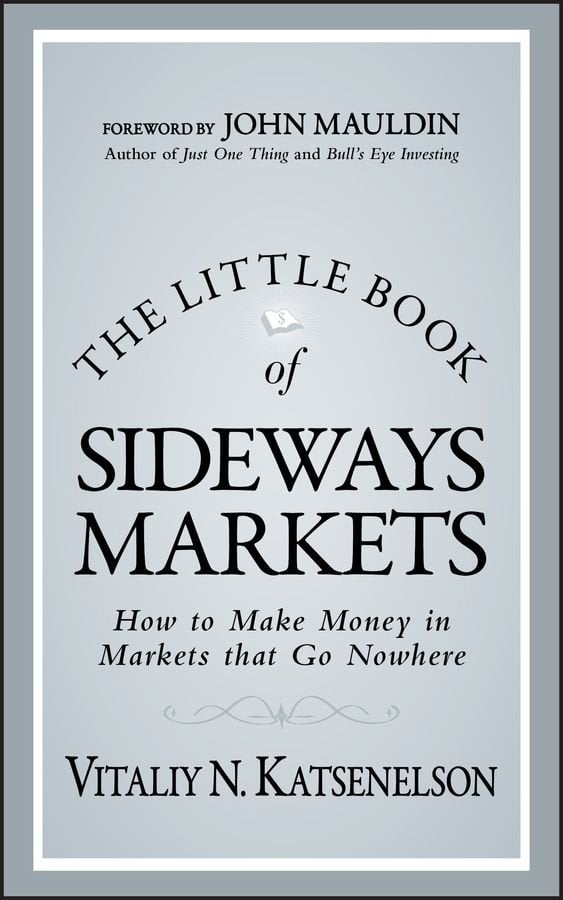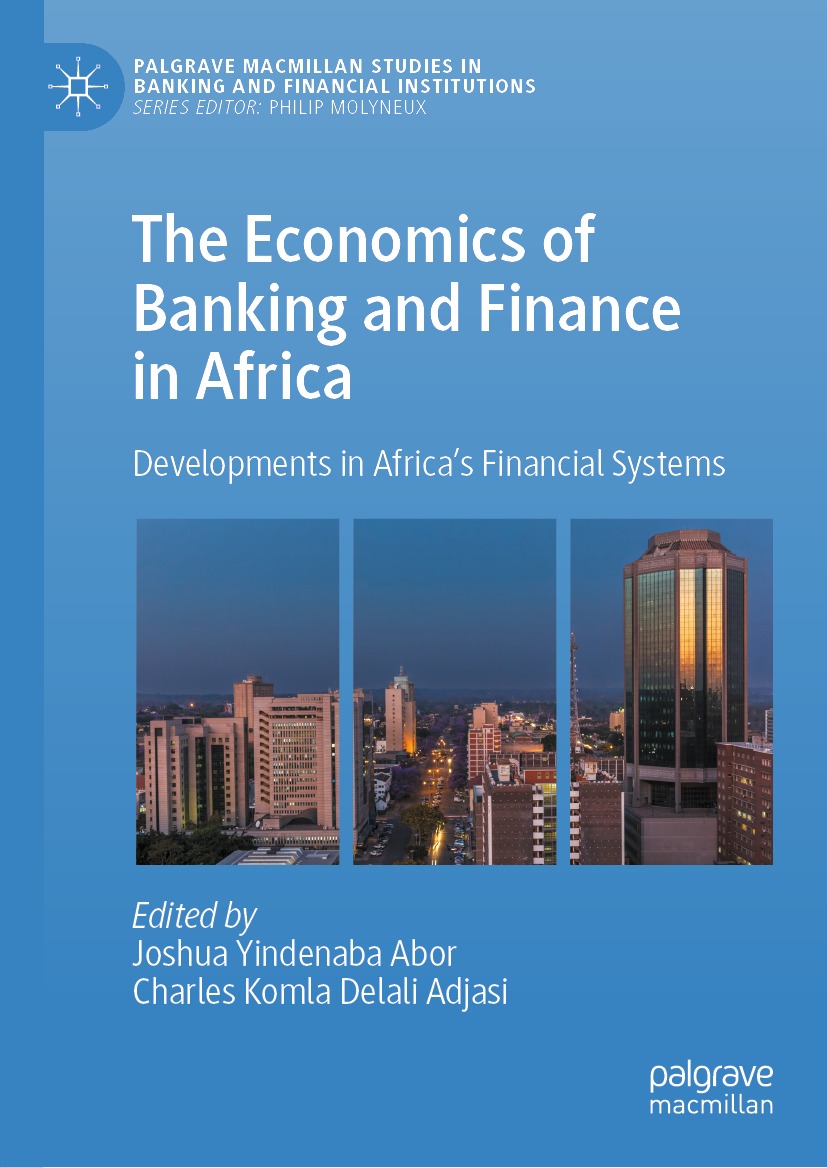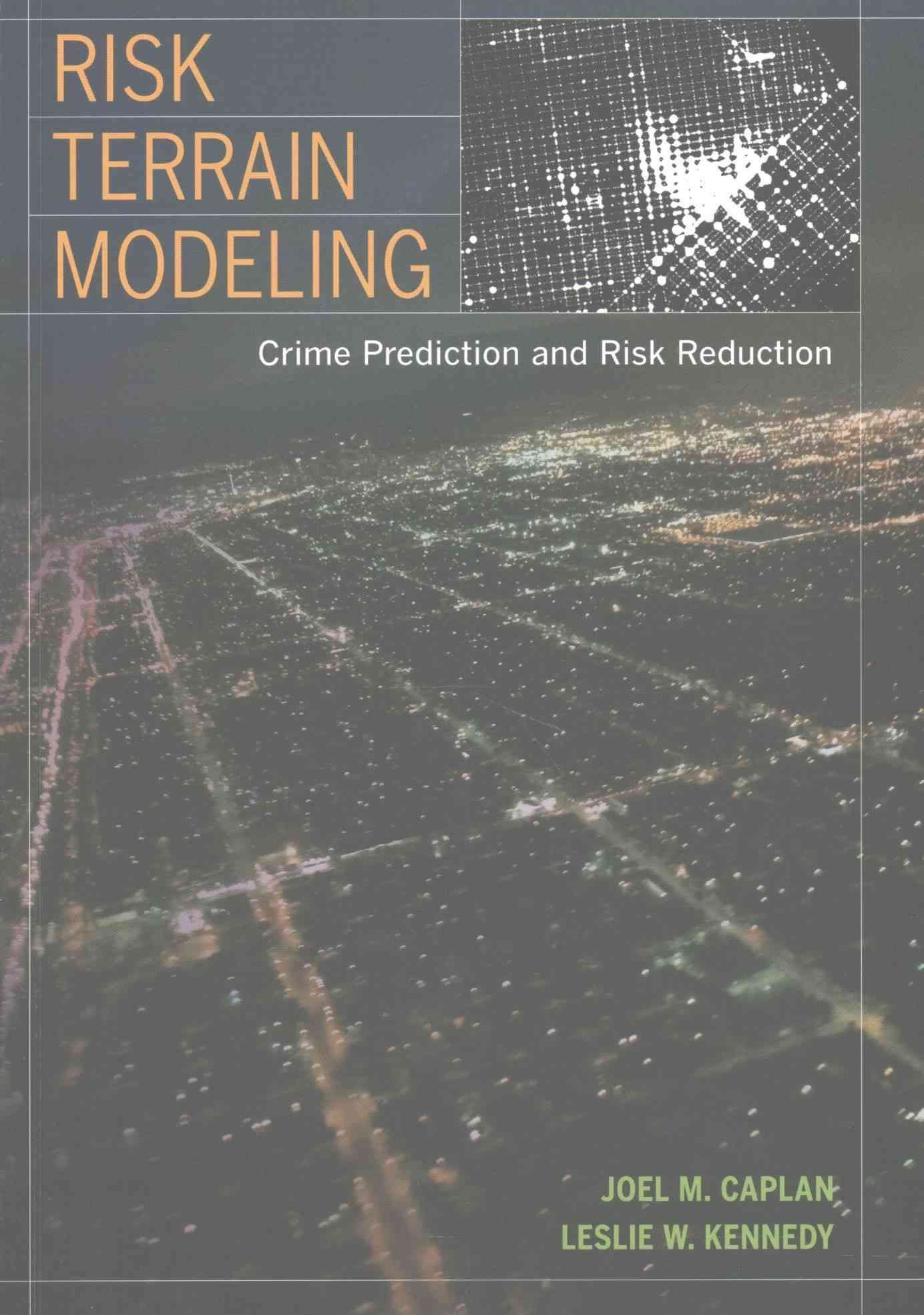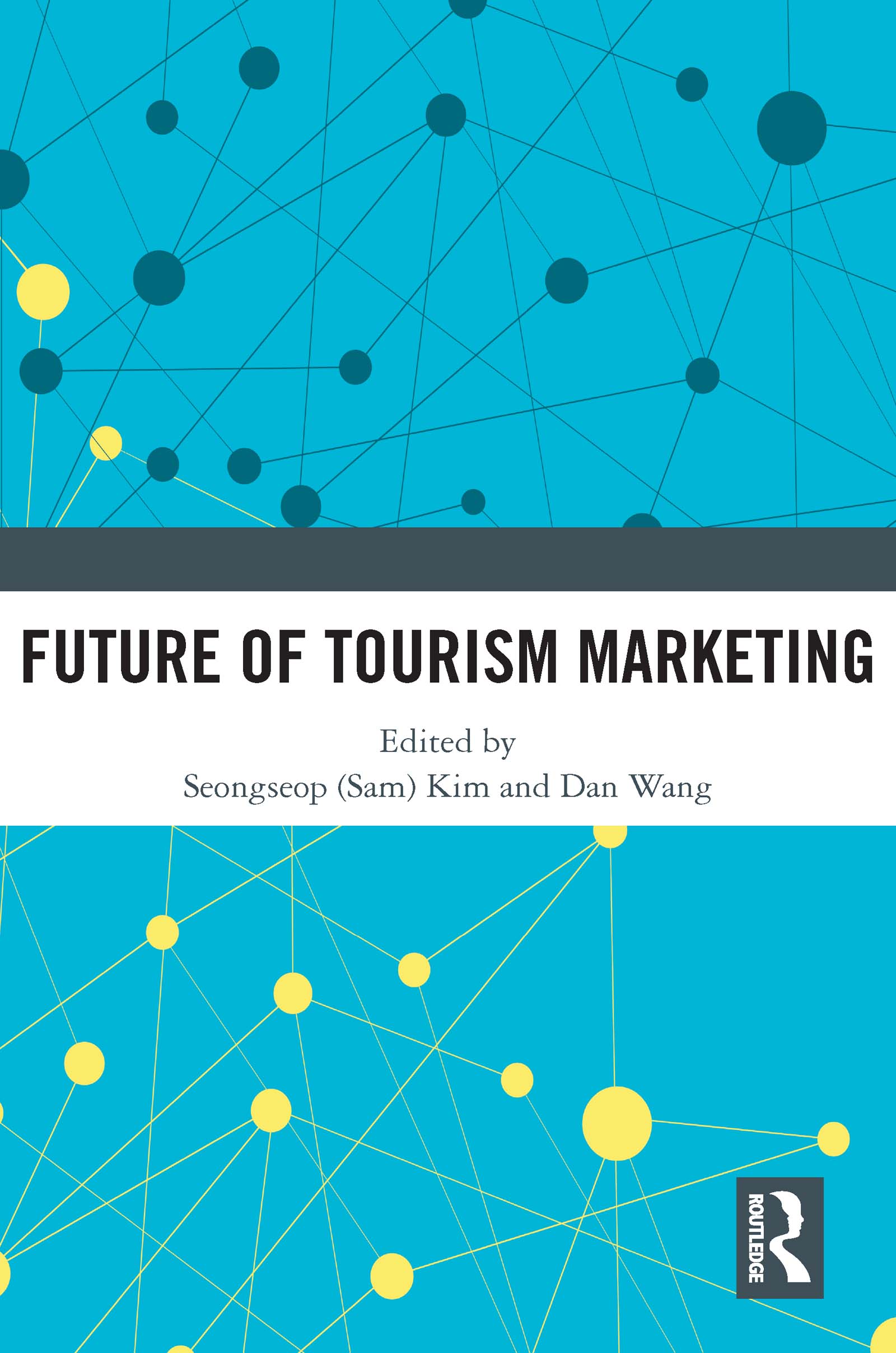The book aims at providing an overview of the main economic issues related to tourism activities. While tourism is an important sector, contributing to more than 10% of the European Union’s GDP, research and teaching at the university level has only recently grown to a considerable level, and the field still lacks a firm research methodology. This book approaches tourism economics as an applied field of study in which tourism markets are represented as imperfect markets, with asymmetric and incomplete information among agents, bounded rationality, and with a strong presence of externalities and public goods. The economic issues studied in the book are approached both intuitively, largely using examples and case studies, and formally, with mathematical formalizations in text boxes.












